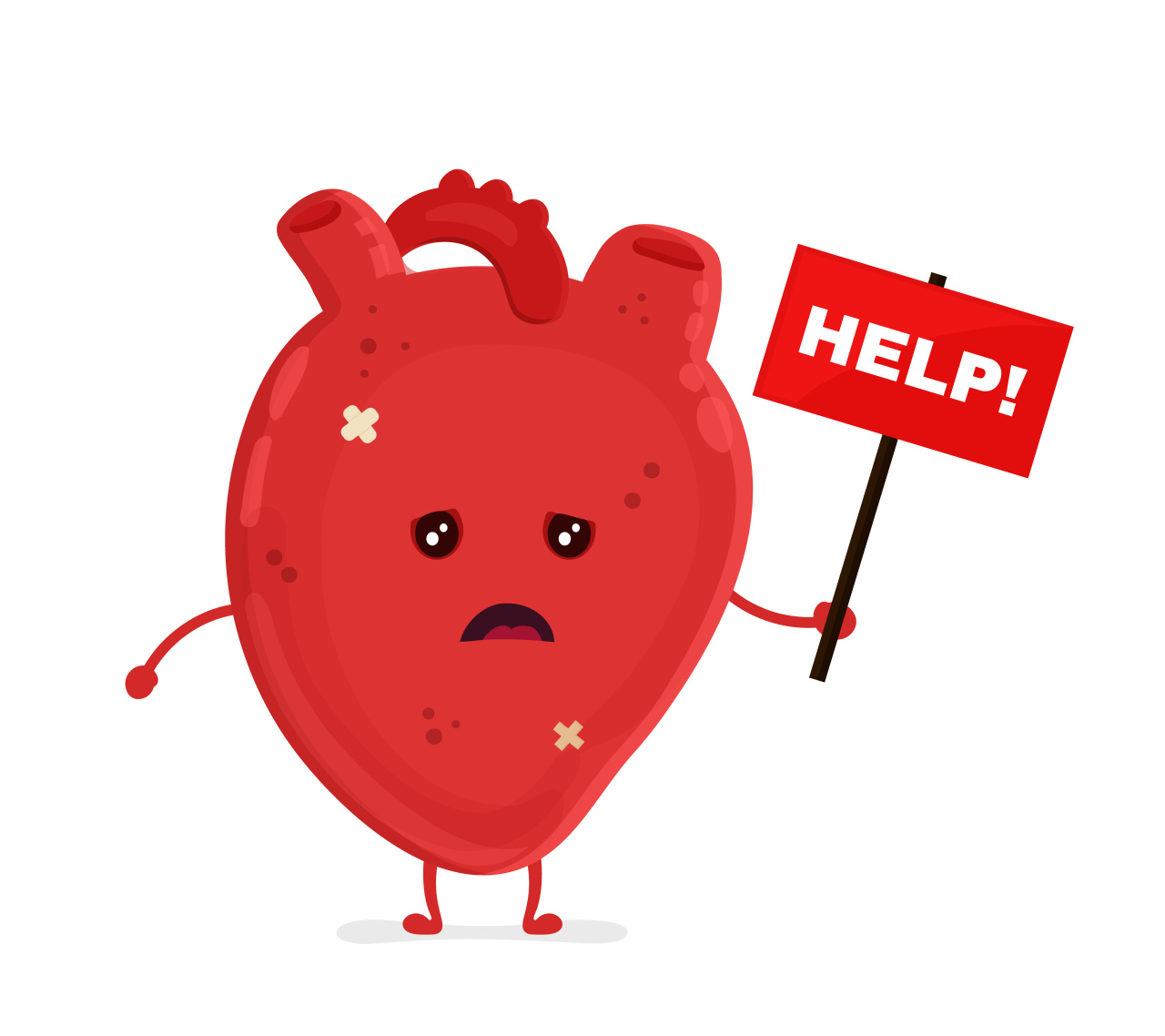 |
(123rf) |
South Koreans experienced cardiac arrests out of hospital more frequently on national holidays than any other day of the year, according to a study.
The May 2019 study published in the Korean Circulation Journal showed the two biggest holidays of Seollal and Chuseok -- Lunar New Year and Korean thanksgiving -- were associated with higher rates of incidence of out-of-hospital cardiac arrests and in-hospital mortality.
The study surveyed 95,066 events of out-of-hospital cardiac arrest for patients 18 years or older enrolled in the registry of 712 hospitals nationwide between Jan. 1, 2012, and Dec. 31, 2016.
In 43 days of Seollal and Chuseok breaks during the study period, a total of 2,587 cardiac arrests were recorded, translating to 60.2 cardiac arrest patients per day.
Over the same period, the average number of cardiac arrest patients on weekdays was 51.2, on weekends 53.3, and on other nonworking days 52.1.
Koreans were also less likely to survive cardiac arrests during the traditional lunar holidays.
The study said cardiac mortality rates were about 20 percent higher on the holidays than other days.
The increased occurrence of cardiac arrests was attributable to large-scale behavioral change and emotional stress linked with the holiday season, the study said.
Cardiologist Jeon Ki-hyun at Sejong Hospital who led the study said, “Koreans abruptly change their behavioral patterns during the national holidays, which can adversely affect patients who suffer from cardiovascular diseases.”
“The kind of psychological stress that people are exposed to during holidays can trigger cardiac arrest in vulnerable patients,” he said, advising families of patients to “check in advance the location of emergency facilities and hospitals near your area, and learn first aid responses such as CPR.”
By Kim Arin (
arin@heraldcorp.com)








